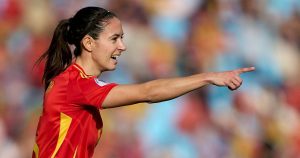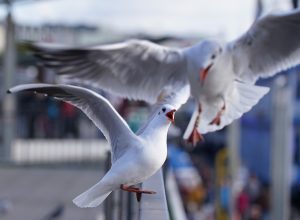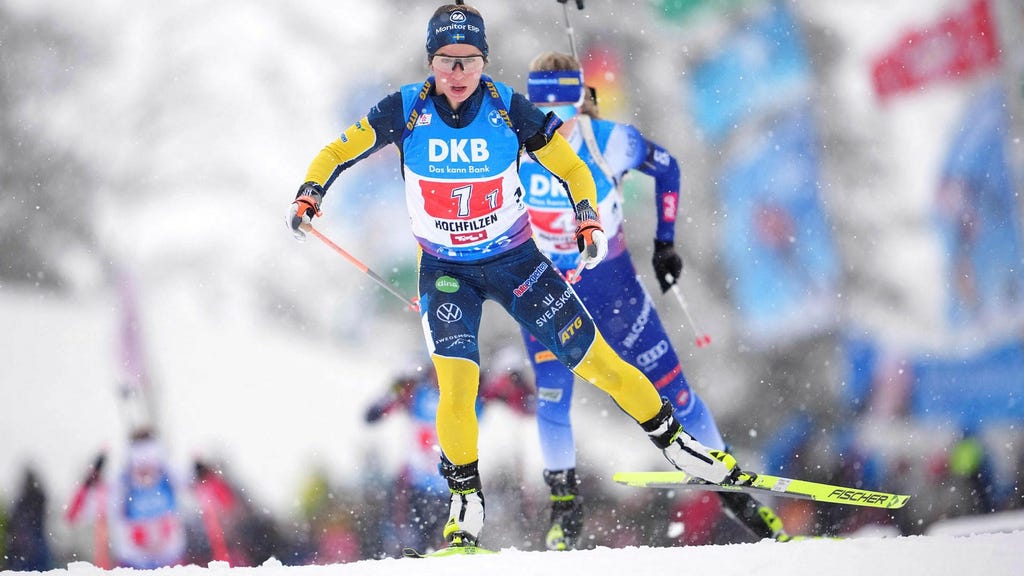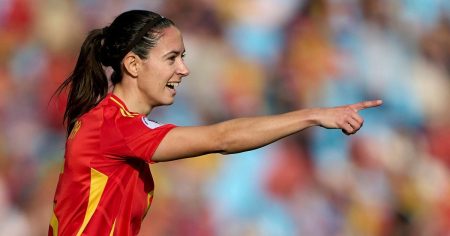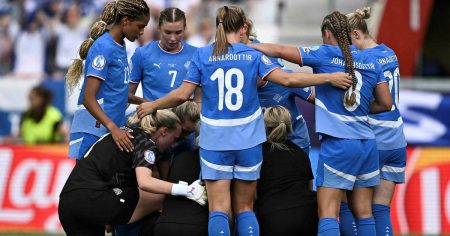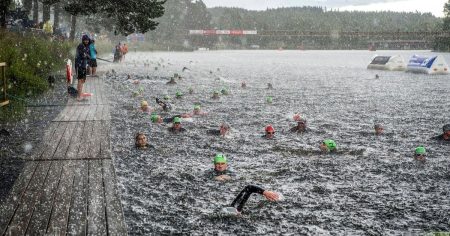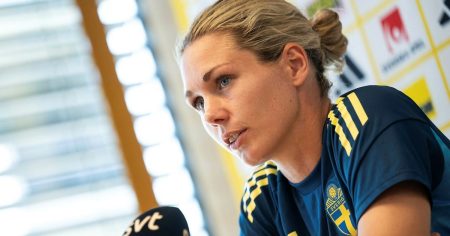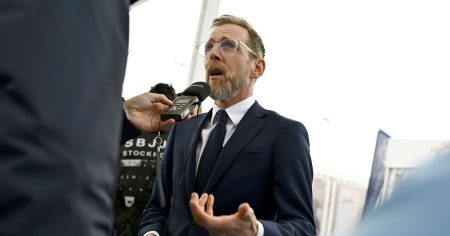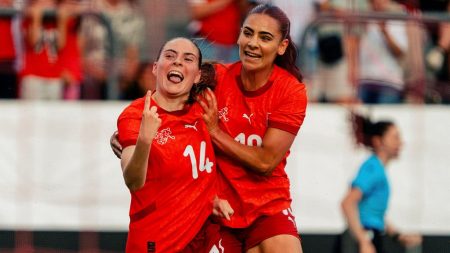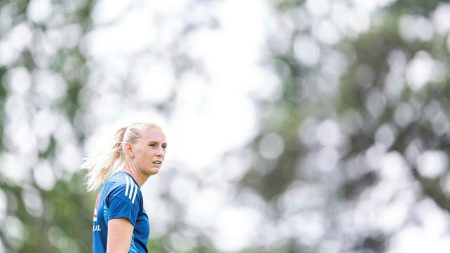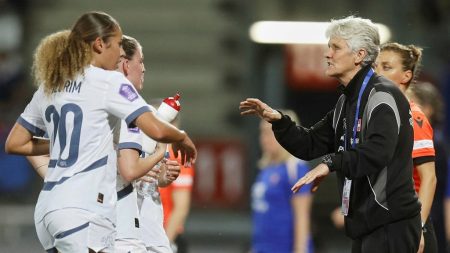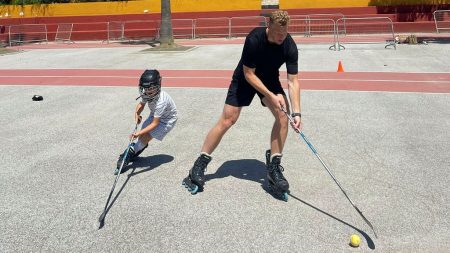Anna Magnusson’s hopes for a top placement in the world cup mass start in France were dashed due to missed shots in her third shooting round, forcing her into penalty loops. This unfortunate turn of events effectively removed her from contention for a podium finish. Her struggles continued in the final shooting round where she missed three additional shots, ultimately finishing in 28th place, a significant 2 minutes and 43.5 seconds behind the victorious German, Selina Grotian. Magnusson expressed her disappointment to SVT, noting that her performance didn’t feel as poor as the results indicated, particularly lamenting the numerous missed shots in the standing position. She further expressed frustration at the stark contrast between her strong start and the ultimate outcome of the race.
Elvira Öberg emerged as the top-performing Swede despite a challenging start that included two missed shots. Her resilience and powerful skiing performance allowed her to recover and secure a commendable ninth-place finish, mitigating the impact of two further missed shots later in the competition. Öberg’s strong skiing underscores the importance of a balanced biathlon performance, demonstrating how robust skiing can compensate for shooting inaccuracies, though not enough to contend for the top spots in a highly competitive field.
Selina Grotian achieved a career milestone, securing her first World Cup victory in a dominant performance. She finished 12.7 seconds ahead of her compatriot, Franziska Preuss, who took second place, marking a strong showing for the German team. Paulina Batovska Fialkova of Slovakia rounded out the podium, claiming third place. Grotian’s victory signifies her arrival as a force to be reckoned with on the biathlon circuit. The German one-two finish indicates the strength of their national team and sets the stage for an exciting season of competition.
The race in France marked the final competition before the World Cup circuit takes a break for the Christmas and New Year holidays. This respite provides athletes with the opportunity to recuperate and refine their skills before the season resumes. The upcoming competitions in Oberhof, Germany, scheduled for January 9-12, will be the next stage in the World Cup, allowing athletes to test their form after the break and continue their pursuit of top rankings in the overall standings. The break also serves as a natural point for reflection and adjustment, allowing athletes to analyze their performance in the first part of the season and identify areas for improvement.
The competition in France highlighted the demanding nature of biathlon, where both shooting accuracy and skiing prowess are essential for success. Magnusson’s experience underscores the devastating impact of missed shots, particularly in the later stages of a race, while Öberg’s performance demonstrated the importance of strong skiing in mitigating shooting errors. Grotian’s victory, on the other hand, exemplifies the power of a well-rounded performance, combining accurate shooting with rapid skiing speed. These contrasting performances illustrate the complex interplay of factors contributing to success in biathlon competition.
The upcoming break in the World Cup calendar provides a valuable opportunity for athletes to address their weaknesses, refine their strategies, and prepare for the challenges ahead. The Oberhof races will be a key testing ground for these preparations, setting the tone for the remainder of the season. The competition will also provide athletes with valuable race experience as they build towards major championships later in the season. The post-holiday races will be an opportunity for athletes to re-establish their rhythm and continue their quest for World Cup points.


